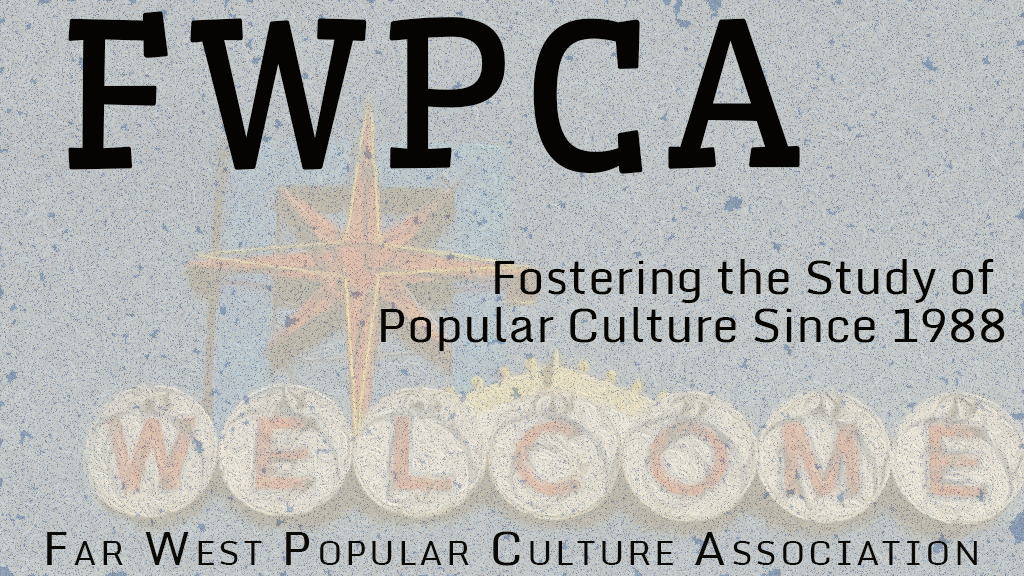Texas, the Cold War and Historical Memory: Imperial Sugar Company's Romantic Recipes of the Old South and the Great Southwest, 1951
Presentation Type
Paper
Abstract
This paper analyzes a cookbook published by the Imperial Sugar Company of Sugar Land, Texas, in 1951. Romantic Recipes of the Old South and the Great Southwest includes as much historical narrative as it does cooking instruction. It is a detailed telling of a history that justifies slavery, memorializes Confederate veterans, and celebrates a mythical past. Published in 1951, during the Cold War, the book draws parallels with women in Post-War America, who were supposed to adore their families (just like the mythical "Mammies" of the "Old South") and bake for them constantly, just as (so they claim) plantation mistresses. The book thus erases the slaves who cooked for pre-Civil War Southern families, and transposes their duties onto white American housewives.
Keywords
cookbooks, historical memory, "Lost Cause" myth, Confederate monuments
Texas, the Cold War and Historical Memory: Imperial Sugar Company's Romantic Recipes of the Old South and the Great Southwest, 1951
This paper analyzes a cookbook published by the Imperial Sugar Company of Sugar Land, Texas, in 1951. Romantic Recipes of the Old South and the Great Southwest includes as much historical narrative as it does cooking instruction. It is a detailed telling of a history that justifies slavery, memorializes Confederate veterans, and celebrates a mythical past. Published in 1951, during the Cold War, the book draws parallels with women in Post-War America, who were supposed to adore their families (just like the mythical "Mammies" of the "Old South") and bake for them constantly, just as (so they claim) plantation mistresses. The book thus erases the slaves who cooked for pre-Civil War Southern families, and transposes their duties onto white American housewives.




Comments
This is an article that I am seeking to publish. I will cut it to a 15 minute presentation.